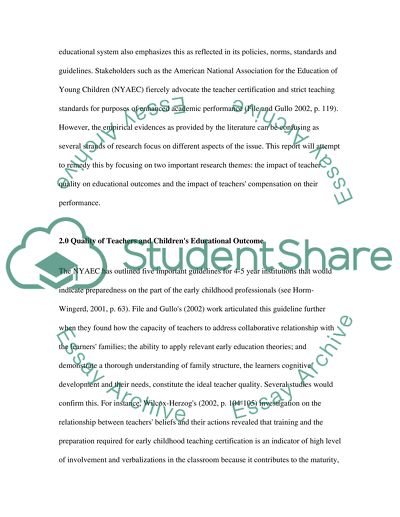Cite this document
(“Personnel Economics Essay Example | Topics and Well Written Essays - 1500 words - 1”, n.d.)
Personnel Economics Essay Example | Topics and Well Written Essays - 1500 words - 1. Retrieved from https://studentshare.org/macro-microeconomics/1488463-personnel-economics
Personnel Economics Essay Example | Topics and Well Written Essays - 1500 words - 1. Retrieved from https://studentshare.org/macro-microeconomics/1488463-personnel-economics
(Personnel Economics Essay Example | Topics and Well Written Essays - 1500 Words - 1)
Personnel Economics Essay Example | Topics and Well Written Essays - 1500 Words - 1. https://studentshare.org/macro-microeconomics/1488463-personnel-economics.
Personnel Economics Essay Example | Topics and Well Written Essays - 1500 Words - 1. https://studentshare.org/macro-microeconomics/1488463-personnel-economics.
“Personnel Economics Essay Example | Topics and Well Written Essays - 1500 Words - 1”, n.d. https://studentshare.org/macro-microeconomics/1488463-personnel-economics.


